Somatic Gene-Mutated Cancer Panels
Somatic mutation tests in cancer are typically performed on tumor tissue (FFPE block/Fresh tissue) to identify somatic mutations, which might help identify the clinically actionable genomic alterations for cancer patients. Our TARGT (Tumor-Associated Drug Response by Genomic Testing) portfolio of genomic tests is validated to identify somatic mutations in the tumor tissue with high sensitivity and specificity to detect even low-frequency genomic alterations/aberrations/mutations that drive cancer.All the tests under the TARGT portfolio identify genomic variants associated with approved treatment and clinical trials. TARGT tests report actionable and targetable somatic mutations, which include SNVs, Indels, CNAs, Gene fusions/Splice variants, and Genomic Signatures like Tumor Mutational Burden (TMB) and Microsatellite Instability (MSI).
Click on the below icons to know more about our Somatic Gene-Mutated Cancer Panels
Hereditary Cancer Test
Genomic variations/mutations/aberrations in the genes you are born with can increase your cancer risk. Our NGS (Next-Generation Sequencing) based Hereditary Cancer genetic panels analyze genes associated with cancer risk DDR (DNA Damage Repair), Mismatch Repair (MMR), and HRR (Homologous Recombination Repair) pathways. The panel includes genes associated with familial and hereditary cancers (Breast, Ovarian, Prostate, Pancreatic, Colon, etc).As per ACMG guidelines, the detected variants are classified as pathogenic, likely pathogenic, VUS (Variant of Unknown Significance), likely benign, and benign. This may contribute to a high, moderate, or low cancer risk.
Some of the Germline variants, like in the BRCA gene, help identify cancer risk and help in making PARP (Poly-ADP-Ribose Polymerase) inhibitor targeted therapy treatment decisions.
Click on the below icon to know more about our Hereditary Cancer Test
Liquid Biopsy Cancer Gene Panels
Liquid biopsy is a minimally invasive blood-based assay that has a role in monitoring, prognostication, and therapeutic treatment-related decisions for cancer patients. The assay isolates and detects tumor genomes and associated genomic alterations such as SNVs/InDels, CNAs, and Gene Fusions/Splice Variants from peripheral blood (ctDNA).Liquid biopsies have been recognized as valuable diagnostic and monitoring tools. With FDA approving the use of liquid biopsies for Non-Small Cell Lung Cancer and other solid tumors, oncologists around the globe are utilizing this technique for various cancer patients.
The liquid biopsy technique involves drawing blood from the cancer patient and analyzing the tumor or tumor content in the bloodstream. Compared to tissue biopsies, liquid biopsies are quicker, easier, less painful, and minimally invasive as they require only the patient's blood for further analysis. The technique involves extracting tumor DNA from blood followed by NGS analysis for precise cancer management.
Click on the below icon to know more about our Liquid Biopsy Cancer Gene Panels
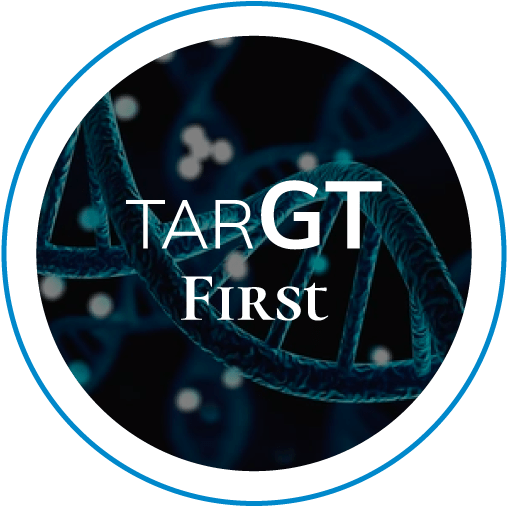
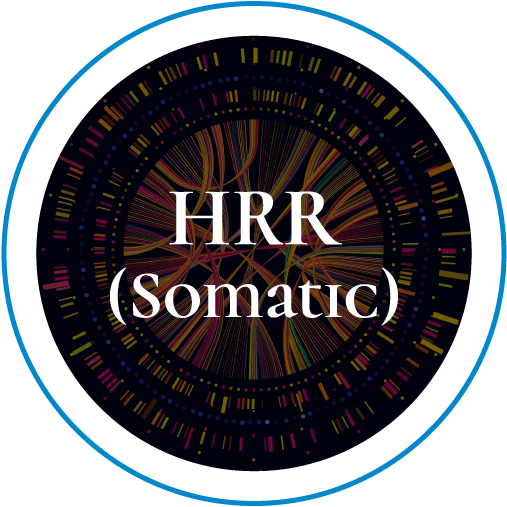
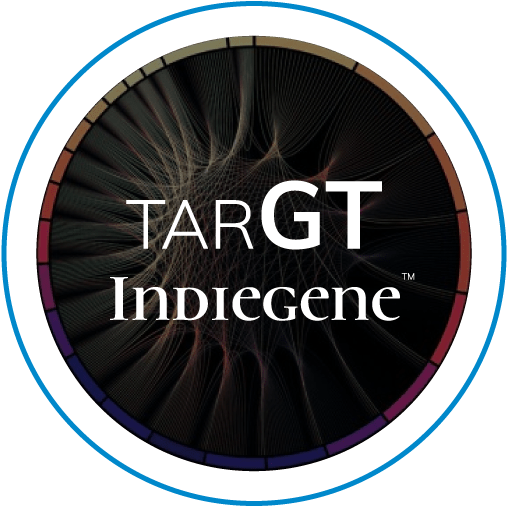
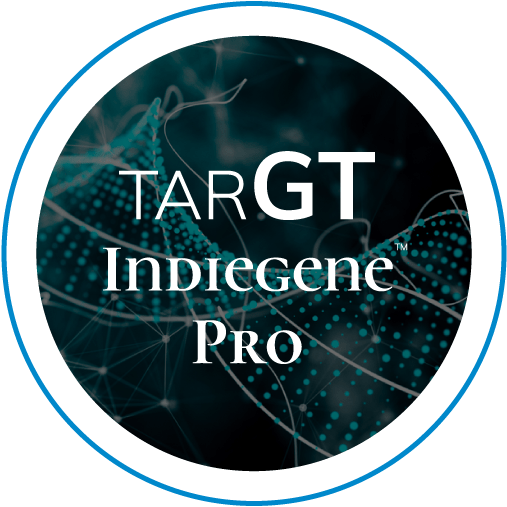

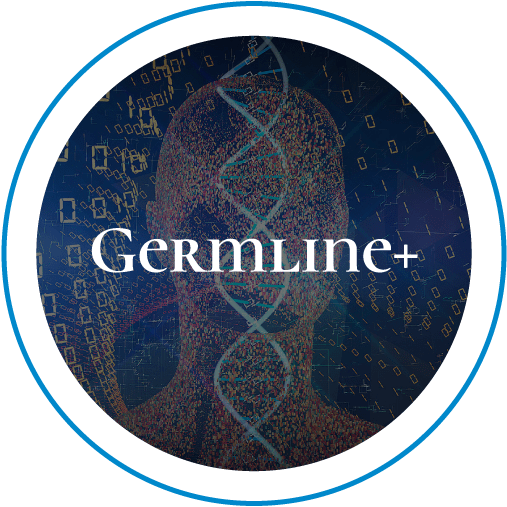
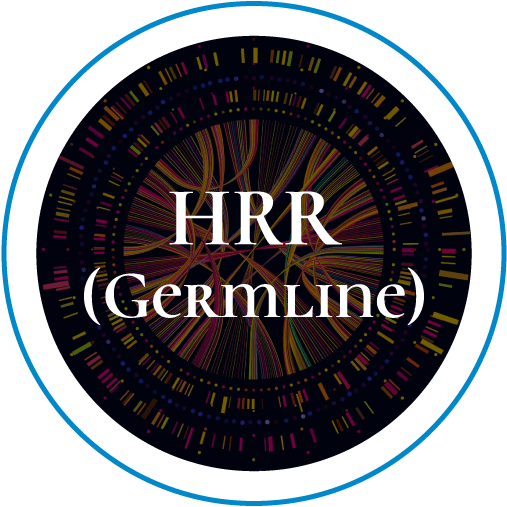
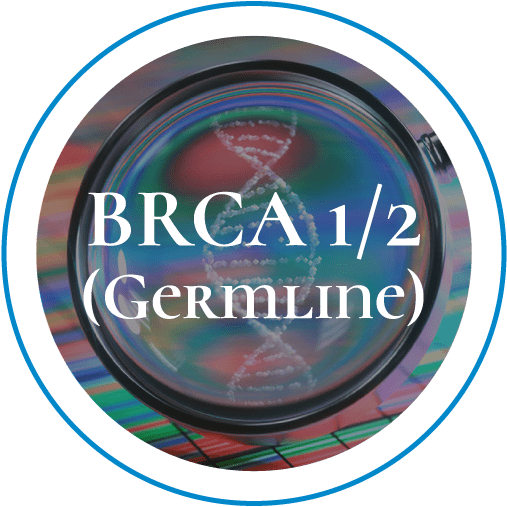
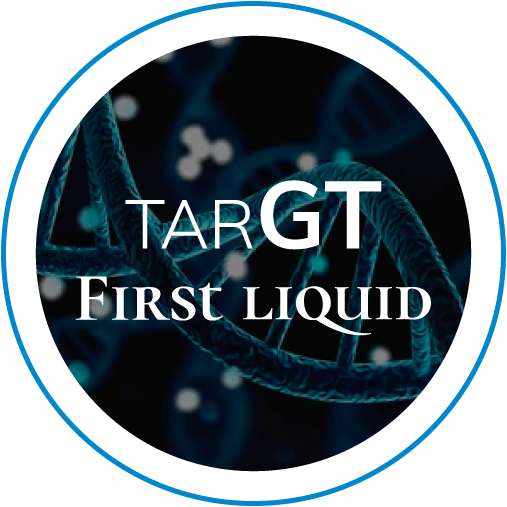
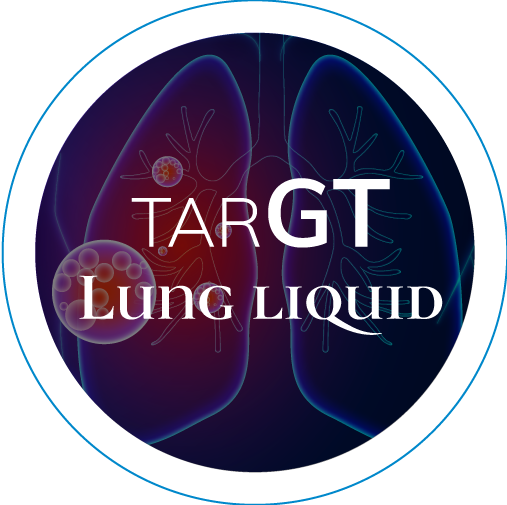

 Kindly fill the form below to download our Liquid Biopsy Portfolio brochure :
Kindly fill the form below to download our Liquid Biopsy Portfolio brochure :